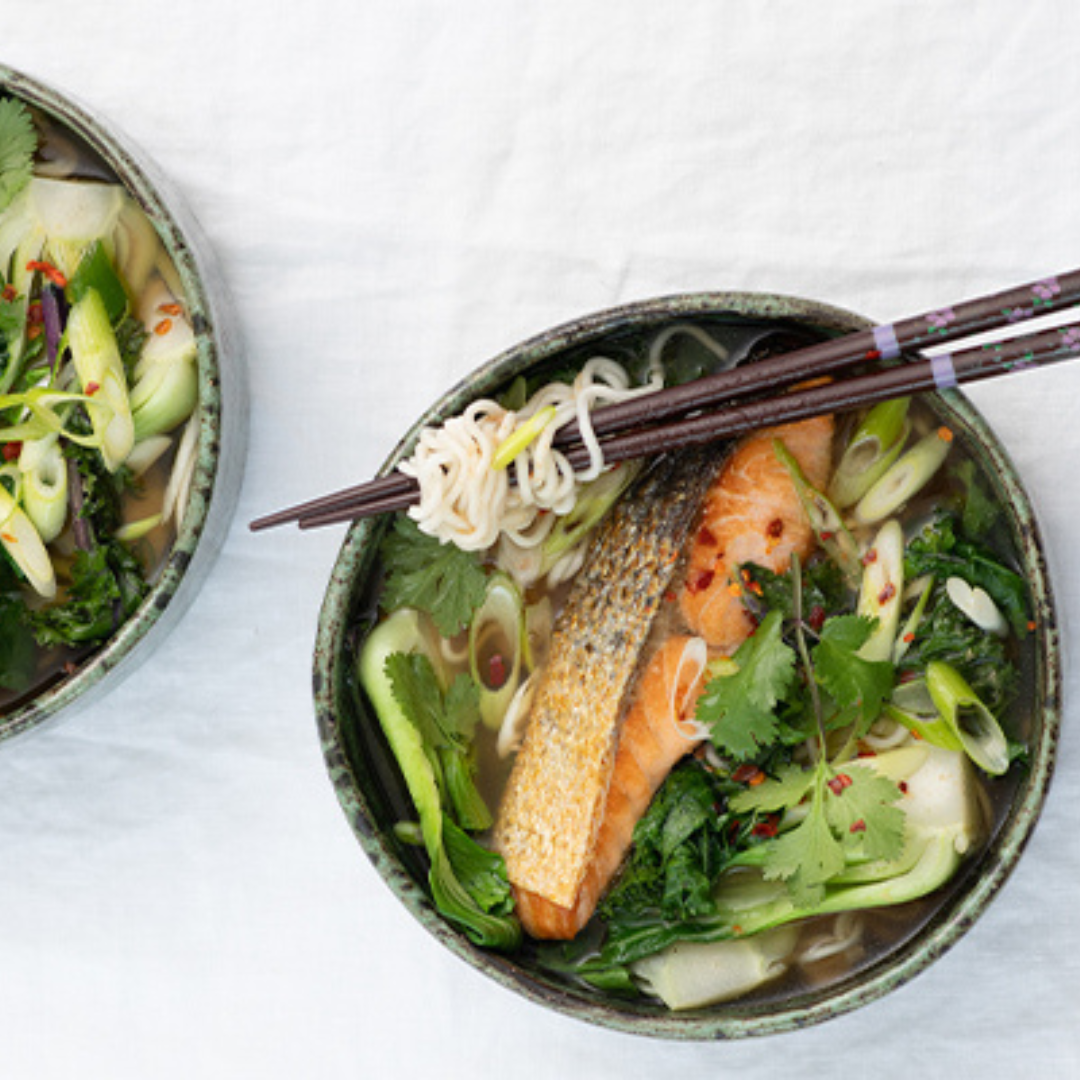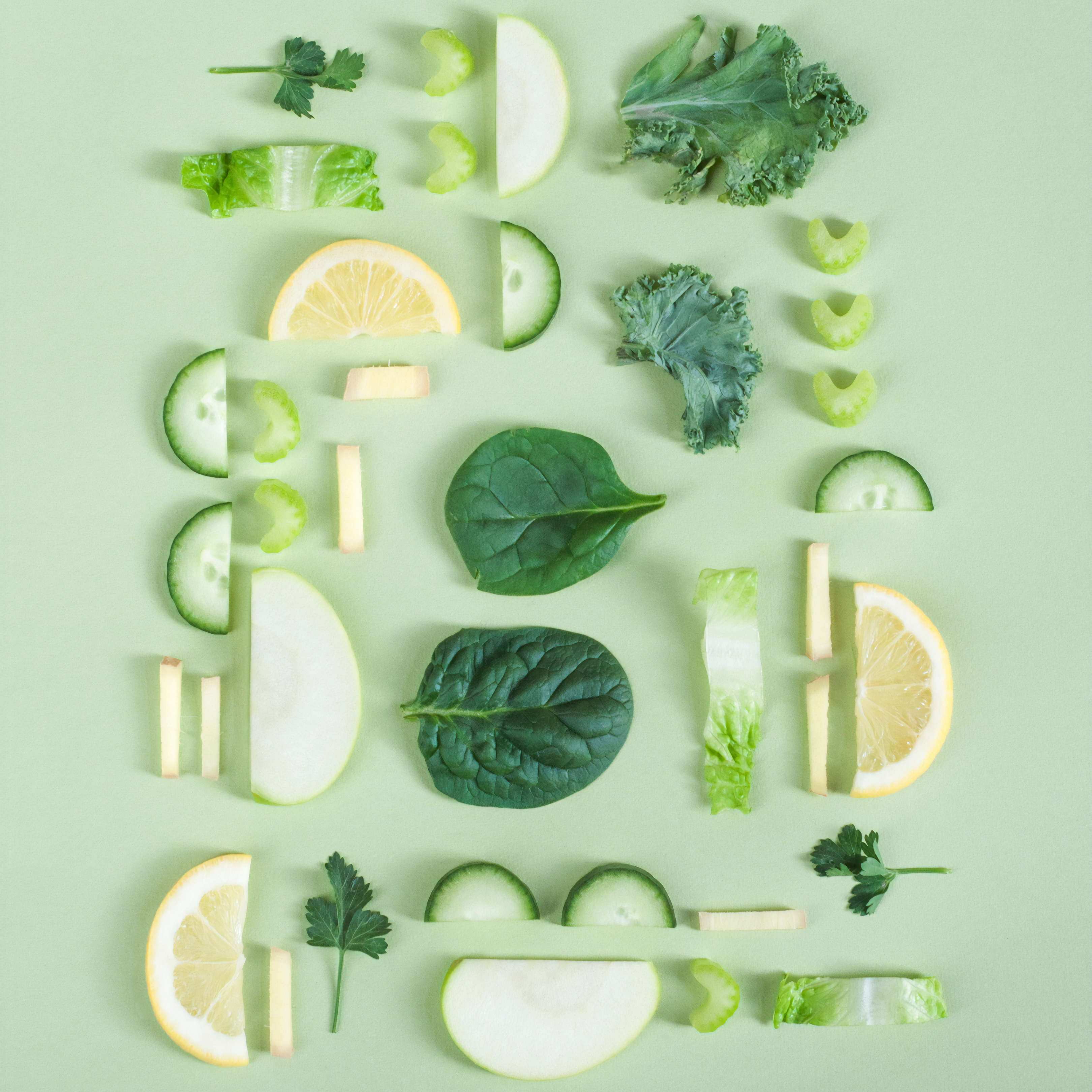How to boost your child’s immunity when they return to school

Returning to school after the holidays can bring concerns around immunity and staying healthy, so it's important to arm yourself with strategies to ensure your child is healthy and happy when the school year starts.
Here are our top tips on how best to help...
Eating whole foods and minimising sugar
There’s no doubt that added sugar can significantly impact immune function by increasing inflammatory proteins that are linked with immunity. Refined sugar also negatively impacts the body’s ability to fight off germs. A high-sugar diet can damage the intestinal barrier, potentially contributing to an increased inflammatory response and lowered immunity. School holidays often come with a higher sugar intake and if this was the case for your child, then try to offer a back-to-school diet rich in colourful vegetables, fruit, protein, and good fats.
Get plenty of sleep
For adults, fewer than seven hours of sleep has been linked with decreased immunity. The amount of sleep that children need varies with their age and other individual factors, but plenty of rest and a regular sleep schedule is key to a robust immune system.
Managing stress
For many children, transitioning back to school can be stressful, which can stimulate the immune system and while this can be a positive and necessary response to aid wound healing, longer-term stressors can weaken the body’s immune response. Children under stress are typically less able to fight off germs, so it is critical to build habits that will help your children calm their anxiousness, manage stress, and incorporate other immune-boosting strategies as they go back to school.
Vitamins and minerals that help boost immunity
Despite parents’ best efforts, it can be difficult to ensure children eat enough fruit and vegetables to really give their immune systems a boost, which is where supplements can come in.
Three of the best vitamins for your child’s immune health include:
- Vitamin C - helps the immune system to create new cells and this is what the body needs as we encounter more viruses and illnesses. Vitamin C can be found in cherries, peppers, broccoli, oranges, lemons, limes, kiwi, kale, and brussel sprouts.
- Vitamin A - may increase the immune system’s response to viruses and it can be found in papayas, carrots, broccoli, spinach, and kale.
- Vitamin D - is an essential vitamin and one of the best ways to get it is by playing outside in the sunshine., and 10 to 15 minutes in the sunshine without sunscreen is often enough to get your daily requirement. However, this can be difficult as the nights begin to close in after the summer holiday.
A healthy diet is key to creating a healthy immune system, but we understand that this can be difficult to achieve through diet alone. Supplements can be an excellent add-on to these wholesome routines, especially as children deal with back-to-school immune challenges.



